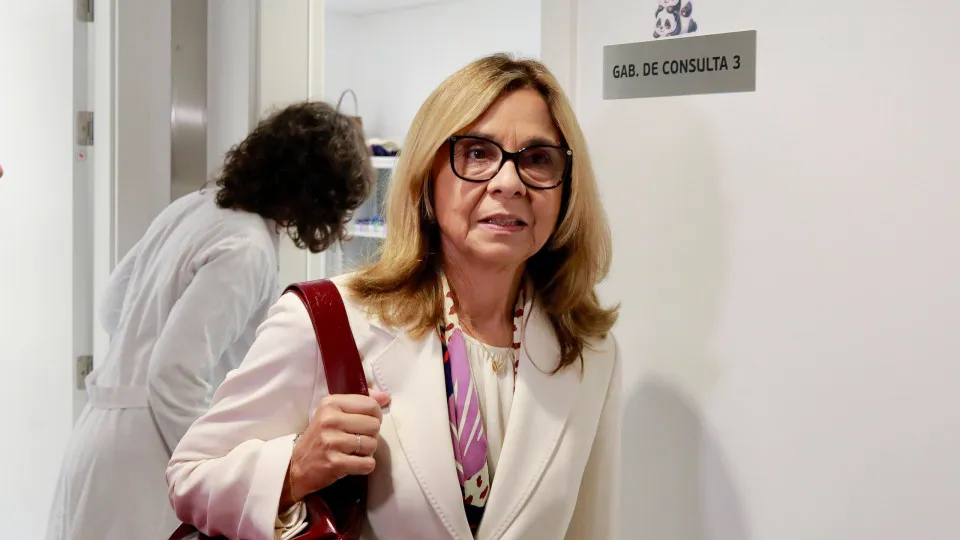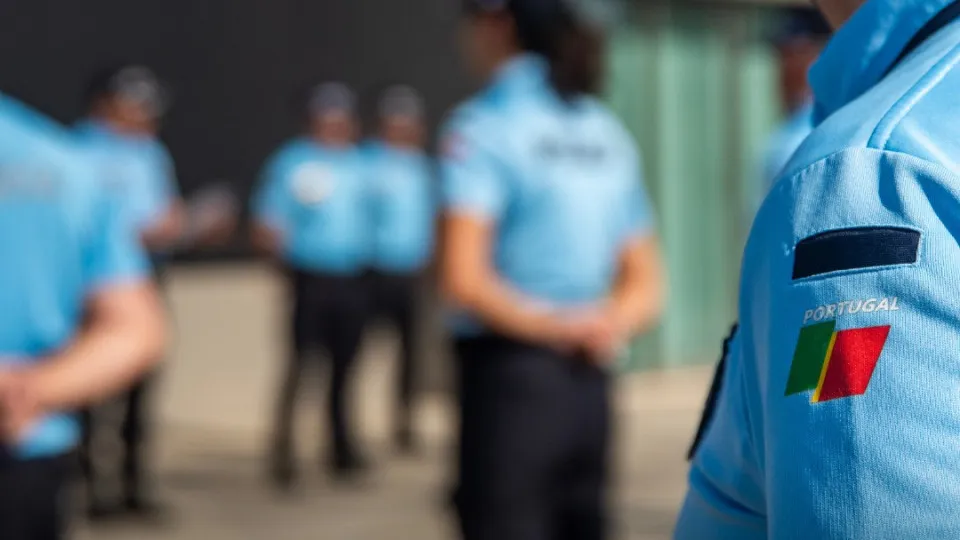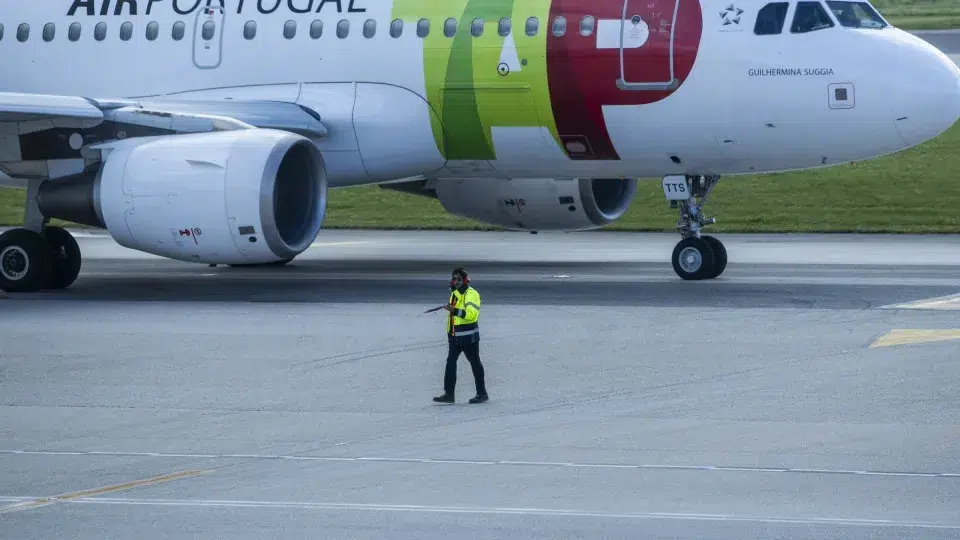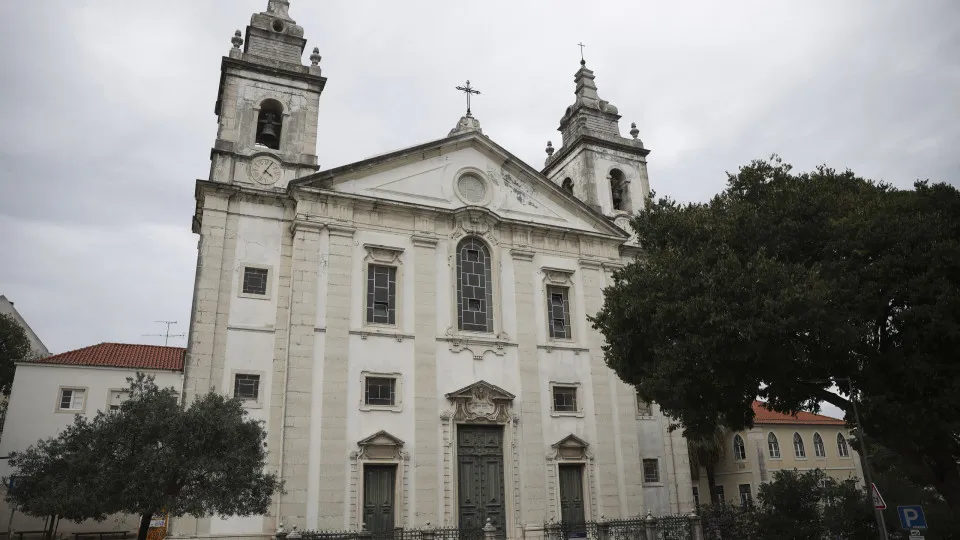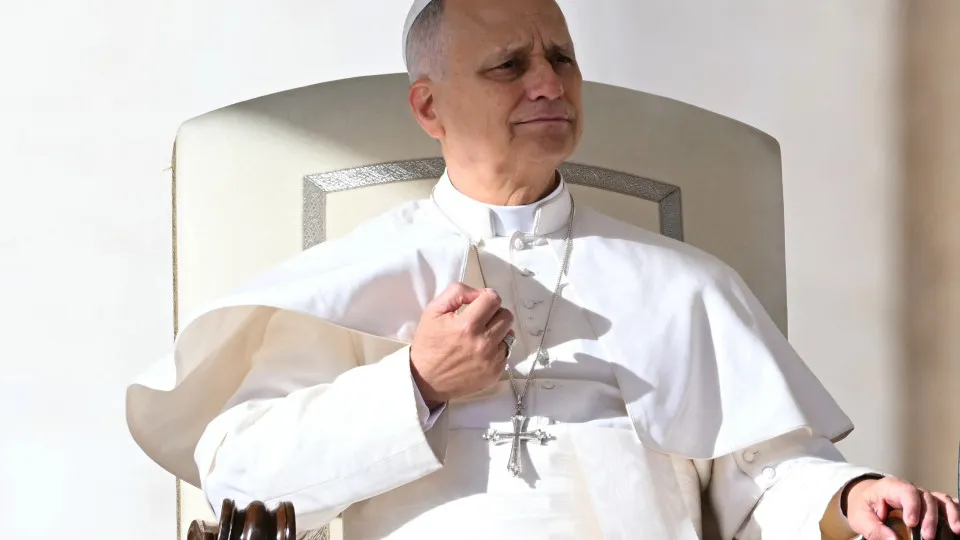
Commenting on the upcoming trip of Leo XIV, which begins on Thursday, Armando Domingues, head of the Portuguese Church’s structure for inter-religious and ecumenical dialogue, expressed a “hopeful outlook” on the initiative because the “objectives are clear: to promote the unity of faith and to promote peace.”
In Turkey, Leo XIV will celebrate the 1700th anniversary of the Council of Nicaea in an ecumenical session featuring the Patriarch of Constantinople, the spiritual leader of the Orthodox, and in Lebanon, he will meet with Maronite Christians, Muslims, and will celebrate a mass at the port of Beirut, the site of a major explosion in 2020.
“That entire region was the birthplace of Christianity, a place where many currents originated,” and the “Pope feels that unity is not only important within the Catholic Church but in a dialogue among all,” especially in a “place where so many cultures intersect.”
In Turkey, “the Christian presence is very strong, but the Catholic Church and the Catholic communities are small, partly because they are not free to build churches or even cultural spaces due to the country’s constraints,” explained the bishop of Angra do Heroísmo, Azores.
Later, in Lebanon, Leo XIV will have the opportunity to “show the prophetic voice of the Church in this time of war, that peace is a supreme good that we must defend and build,” following the speeches of his brief pontificate.
“From the beginning, the Pope has had a kind of authority that dissolves, emphasizing the importance of reconciliation of unity, of peace, and that the priority of humanity and nations should always be the ideal of peace.”
In the meeting with the Orthodox, the war in Ukraine will be a topic, following the divisions between Ukrainian believers, supported by Constantinople, and Russians, supporters of Putin.
“The war stirs and unsettles the mindsets and hearts in the Orthodox Church, which is suffering tremendous consequences, divisions, and separations,” acknowledged the Portuguese bishop, who supports the “effort of rapprochement and dialogue” made by the Pope.
In the Middle East, the Pope will face the persecution of Christians in an area once known for religious tolerance.
“The times are now more difficult and more challenging” for Christians, in a “space that has always been a meeting point between religions, but also between cultures and civilizations,” so it is up to the Church to bring the discourse of tolerance and openness.
It is essential “to promote all voices that integrate intercultural, religious dialogue,” especially in a country like Lebanon, once considered the “Switzerland of the Middle East” due to the coexistence of various faiths.

